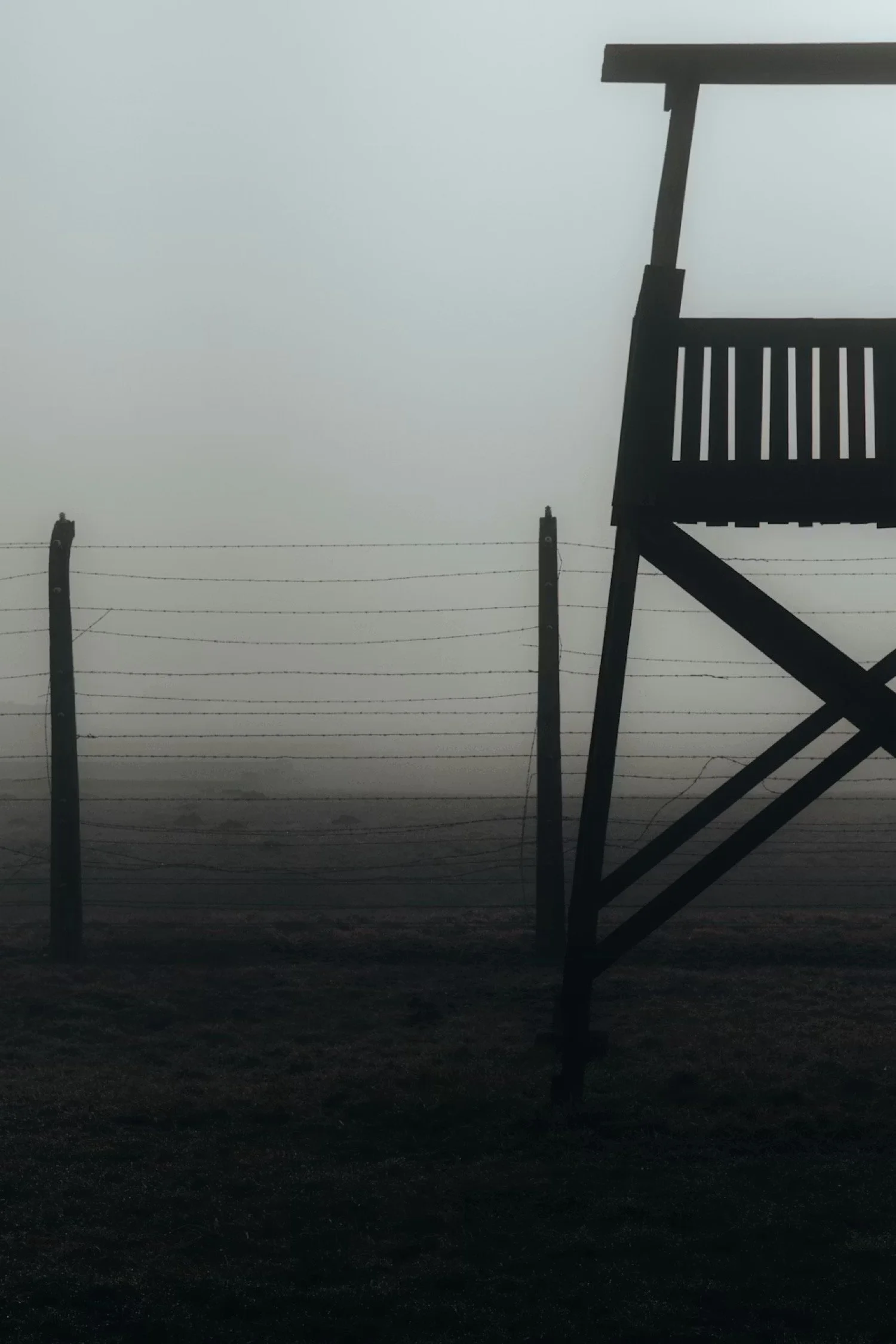Readings for today: Exodus 23-25, Matthew 20:17-34
Someone recently asked me a great question, “If God were to come down and speak to us today, would his laws be the same or changed for the current day?” The laws we read about in Exodus, or later in Leviticus, definitely seem foreign and strange to us. They have to do with the customs of the ancient near east and while they represent in many cases significant advances in human rights for the time, we don’t often see them as such because of how far human civilization has advanced.
One key to answering this question can be found in the difference between Exodus 20:1 and 20:22. In Exodus 20:1, God gives the Ten Commandments. They are written on stone tablets by His very hand. They are words directly from the mouth of God. However, in Exodus 20:22, a shift takes place. Now Moses will become the lawgiver. He will be the one to flesh out the details of the laws that will govern the daily life of Israel. Some of these laws will be ceremonial in nature, governing the worship of God. Some of these laws will be civil in nature, governing the emerging national life of Israel. Some of these laws will be moral in nature, governing God’s people in every time and place. These distinctions are important to keep in mind as you read and they are the main reasons God’s people have historically kept the Ten Commandments but not necessarily kept all the laws of Moses as they are written.
A second key to answering this question is pushing beyond the letter of the laws themselves to the principles they represent. This is where our study of these laws becomes very fruitful even for our own 21st century American context. For example, it’s worth considering the dignity the Hebrews assigned to slaves, women, children, and families. Again, these were utterly unique among ancient law codes and represent a trajectory towards our modern understanding of universal human rights. Or consider the laws of proportional justice which limit revenge by making the punishment fit the crime. This principle still undergirds much of our modern legal system today. The principle of restitution is another one we understand and practice. As is God’s concern for widows, orphans, and the poor.
Applying these principles in our modern, 21st century American context requires wisdom but it certainly isn’t impossible. Let’s take one example that is a political hot button today. Immigration. What does the Bible have to say about the principles that should shape our policies in this area? Consider the following verses, “You shall not wrong a sojourner or oppress him, for you were sojourners in the land of Egypt.” (Ex. 22:21) “You shall not oppress a sojourner. You know the heart of a sojourner, for you were sojourners in the land of Egypt.” (Ex. 23:9) “Six days you shall do your work, but on the seventh day you shall rest; that your ox and your donkey may have rest, and the son of your servant woman, and the alien, may be refreshed.” (Ex. 23:12) God makes it very clear to His people that they should treat the immigrants within their midst with compassion and mercy and kindness and care. The same principle would apply to refugees. Those fleeing their homes due to political, social, or religious persecution. Why? Because this is how God treated them when they were immigrants in Egypt. Does this mean we should have open borders? No security? Just let everyone come on in? I don’t think so. But I also believe that when immigrants come, in whatever way they may come, we need to treat them with as much care and compassion as possible. Their treatment at our borders should be modeled off of the love God has shown us. This is just one example of where truly seeking to follow the principles laid out in Scripture would make America a “light” to the nations.
Fundamentally, the Truth that undergirds the entire law of God is the idea that we should treat one another as we have been treated by God Himself. We should extend to others the same kindness, compassion, mercy, and forgiveness that God has shown us. We should deal with one another righteously not just because “God said so” but because God DID so with us! This is what it means to keep and follow God’s law and it’s something Jesus Himself will affirm in the Sermon on the Mount (Matt. 5-7) which, by the way, is simply a restatement of the Ten Commandments.
Readings for tomorrow: Exodus 26-28, Matthew 21




